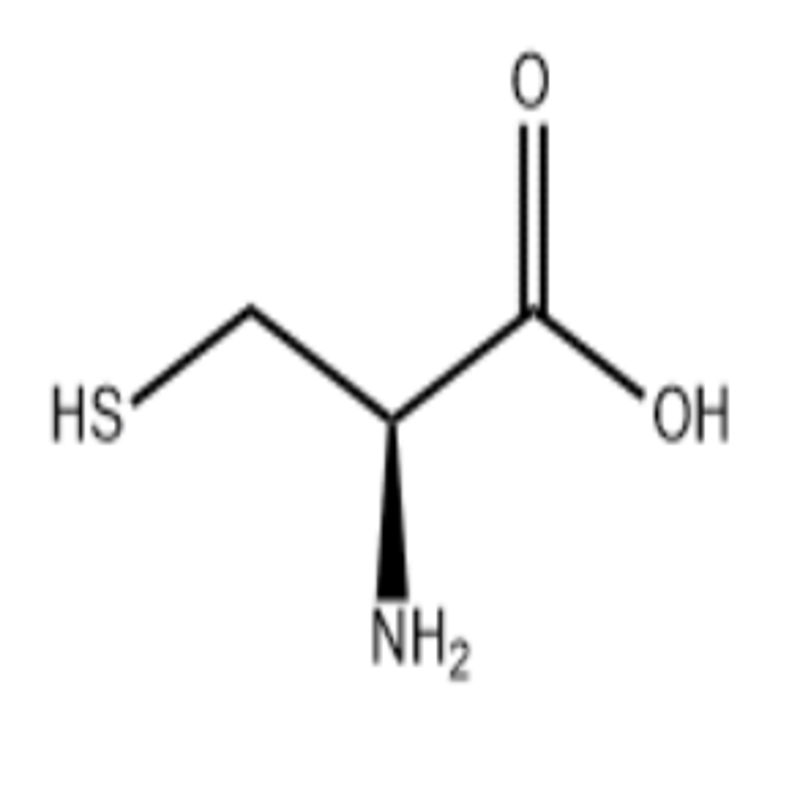-
Categories
-
Pharmaceutical Intermediates
-
Active Pharmaceutical Ingredients
-
Food Additives
- Industrial Coatings
- Agrochemicals
- Dyes and Pigments
- Surfactant
- Flavors and Fragrances
- Chemical Reagents
- Catalyst and Auxiliary
- Natural Products
- Inorganic Chemistry
-
Organic Chemistry
-
Biochemical Engineering
- Analytical Chemistry
- Cosmetic Ingredient
-
Pharmaceutical Intermediates
Promotion
ECHEMI Mall
Wholesale
Weekly Price
Exhibition
News
-
Trade Service
After the incident, Starbucks responded quickly.
After investigation, the two stores involved did indeed have violations in their operations.
Now the two stores have been closed for rectification
.
After investigation, the two stores involved did indeed have violations in their operations.
Now the two stores have been closed for rectification
.
Food safety is the bottom line that everyone must abide by.
Today, I will talk to you about the "food shelf life"
.
Today, I will talk to you about the "food shelf life"
.
The shelf life of food refers to the period during which the food maintains its quality under the indicated storage conditions
.
During this period of time, the food is completely suitable for sale, and cannot be spoiled or tasted
.
During the shelf life of the food, the flavor, taste, and safety will be guaranteed
.
.
During this period of time, the food is completely suitable for sale, and cannot be spoiled or tasted
.
During the shelf life of the food, the flavor, taste, and safety will be guaranteed
.
In fact, every food has a series of "control indicators", such as water content, hardness, appearance, bacteria, taste and so on
.
The technical shelf life is to store a batch of food according to the required conditions
.
At regular intervals, take out a part of the sample to test all relevant indicators
.
As long as any one of the indicators exceeds the set range, the food is considered expired
.
.
The technical shelf life is to store a batch of food according to the required conditions
.
At regular intervals, take out a part of the sample to test all relevant indicators
.
As long as any one of the indicators exceeds the set range, the food is considered expired
.
This also means that some foods expired may just be less attractive in appearance and taste not so good.
.
.
Such foods are still edible
.
But the problem is that there may be pathogenic bacteria in these expired foods, which may cause illness if eaten
.
After all, people cannot judge whether these expired foods contain pathogenic bacteria through the naked eye and other sensory feelings, and whether it will be a problem if they eat it
.
.
.
Such foods are still edible
.
But the problem is that there may be pathogenic bacteria in these expired foods, which may cause illness if eaten
.
After all, people cannot judge whether these expired foods contain pathogenic bacteria through the naked eye and other sensory feelings, and whether it will be a problem if they eat it
.
First of all, food that has passed the expiration date cannot be sold
.
.
The Food Safety Law clearly stipulates that the production and operation of food that has exceeded the shelf life is prohibited.
If a business continues to sell food that has exceeded the shelf life, it is an illegal act
.
If a business continues to sell food that has exceeded the shelf life, it is an illegal act
.
Secondly, can I eat the food that I have bought home in my daily life if it expires?
As mentioned before, foods that have passed the expiration date are not harmful foods.
Some foods can still be eaten within a certain period of time after they expire, and some foods may have some safety hazards after they expire
.
Whether you can eat it or not depends on your own judgment
.
Some foods can still be eaten within a certain period of time after they expire, and some foods may have some safety hazards after they expire
.
Whether you can eat it or not depends on your own judgment
.
Finally, in daily life, you should check the expiration date of the food you buy home and finish eating within the expiration date
.
.
Reference to the shelf life of some common foods
Reference to the shelf life of some common foodsSoy sauce, vinegar: 6 months;
Soy sauce, vinegar: 6 months;Deep-fried dried fruits: 12 months;
Deep-fried dried fruits: 12 months;Rice and noodles: 3-12 months;
Rice and noodles: 3-12 months;Edible oil: generally 1 to 2 years depending on the type;
Edible oil: generally 1 to 2 years depending on the type;Tomato sauce: iron cans, glass bottles for 12 months;
Tomato sauce: iron cans, glass bottles for 12 months;Instant noodles: plastic bags for 3 months, barrels for 6 months;
Instant noodles: plastic bags for 3 months, barrels for 6 months;Chocolate: Filled chocolate for 3 months
.
Pure chocolate for 6 months;
Chocolate: Filled chocolate for 3 months .
Pure chocolate for 6 months;
.
Pure chocolate for 6 months;
Sweetened condensed milk: 9 months for tinplate cans and 3 months for glass bottles;
Sweetened condensed milk: 9 months for tinplate cans and 3 months for glass bottles;Canned food: 24 months for canned poultry and 15 months for canned fruits and vegetables;
Canned food: 24 months for canned poultry and 15 months for canned fruits and vegetables; Milk powder: 12 months for tinplate cans, 9 months for glass bottles, 3 months for plastic bags;
Milk powder: 12 months for tinplate cans, 9 months for glass bottles, 3 months for plastic bags; Beverages: 6 months for cans, glass bottled fruit juice and vegetable juice drinks, 3 months for glass bottled fruity soda, and canned fruity soda for 6 months;
Beverages: 6 months for cans, glass bottled fruit juice and vegetable juice drinks, 3 months for glass bottled fruity soda, and canned fruity soda for 6 months;Candy: 3 months for production in the first and fourth quarters, 2 months for production in the second and third quarters (1 month for production in the rainy season);
Candy: 3 months for production in the first and fourth quarters, 2 months for production in the second and third quarters (1 month for production in the rainy season); Alcoholic beverages: 4 months for mature beer with 11 degrees to 12 degrees, and 2 months for ordinary beer; 3 months for 12 degrees beer; 50 days for 10.
5 degrees mature beer; 6 months for fruit wine; sparkling wine for 3 months; bottled rice wine is tentatively scheduled for 3 months; dew wine is 6 months
.
Alcoholic beverages: 4 months for mature beer with 11 degrees to 12 degrees, and 2 months for ordinary beer; 3 months for 12 degrees beer; 50 days for 10. 5 degrees mature beer; 6 months for fruit wine; sparkling wine for 3 months; bottled rice wine is tentatively scheduled for 3 months; dew wine is 6 months
.
5 degrees mature beer; 6 months for fruit wine; sparkling wine for 3 months; bottled rice wine is tentatively scheduled for 3 months; dew wine is 6 months
.
Note: The above shelf life is for reference only, and does not represent all foods
.
In your daily life, you should still focus on the shelf life marked on the food packaging
.
Note: The above shelf life is for reference only, and does not represent all foods .
In your daily life, you should still focus on the shelf life marked on the food packaging
.
.
In your daily life, you should still focus on the shelf life marked on the food packaging
.







